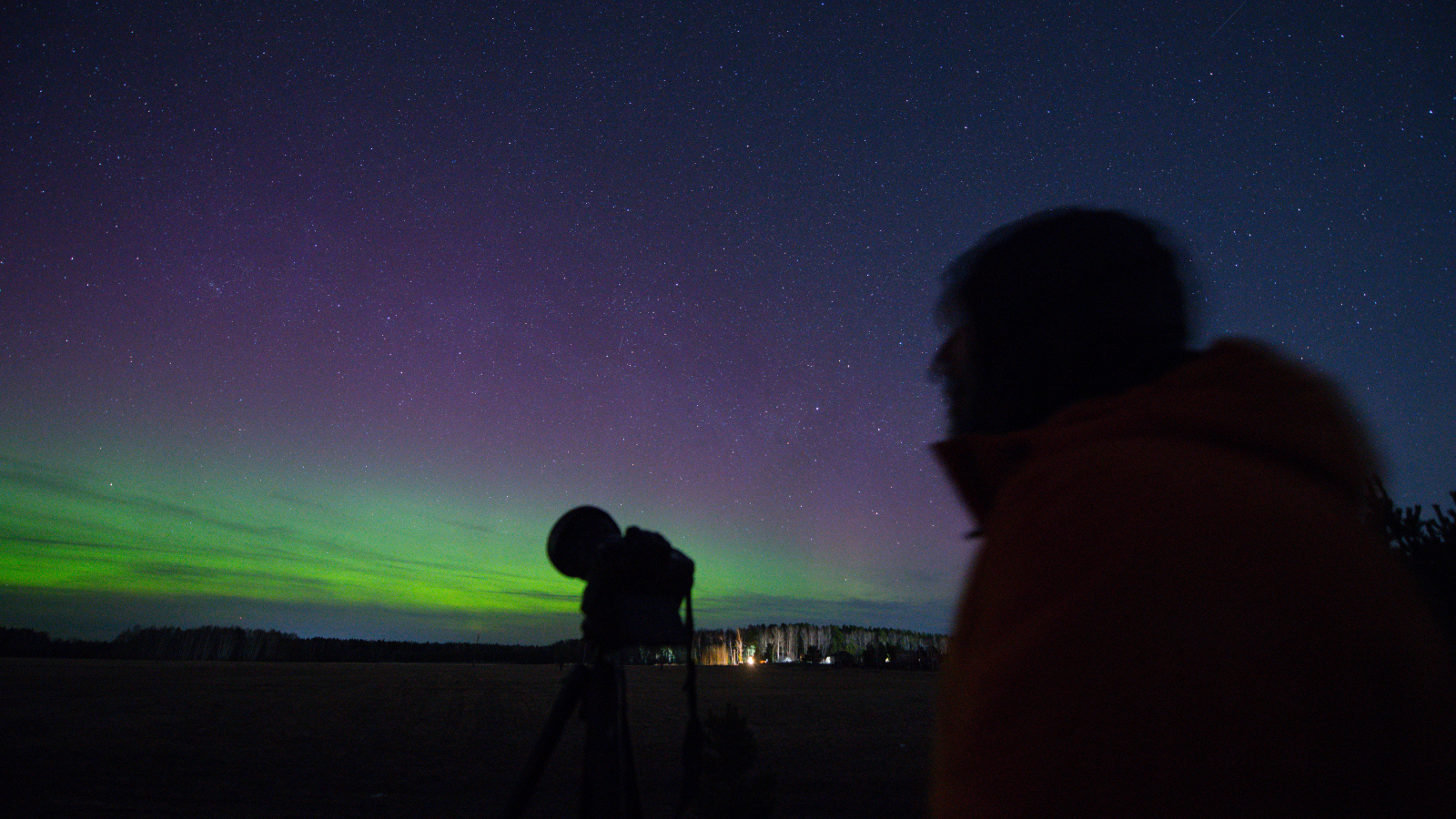
Race is a Social Concept, Not a Scientific One (Op-Ed)

Michael Hadjiargyrou is chair of the Department of Life Sciences at the New York Institute of Technology. He contributed this article to Live Science's Expert Voices: Op-Ed & Insights.
Beyond the Ferguson, Mo., media reports on the "racial divide," the facts require some correction: Despite notions to the contrary, there is only one human race. Our single race is independent of geographic origin, ethnicity, culture, color of skin or shape of eyes — we all share a single phenotype, the same or similar observable anatomical features and behavior.
Science highlights these similarities in our embryonic development, physiology (our organ-based systems), biochemistry (our metabolites and reactions), and more recently, genomics (our genetic makeup). As a molecular biologist, this last one is indeed the most important to me — data show that the DNA of any two human beings is 99.9 percent identical, and we all share the same set of genes, scientifically validating the existence of a single biological human race and one origin for all human beings. In short, we are all brothers and sisters. [What is the Difference between Race and Ethnicity? ]
Biologically speaking, one clear example is that most diseases afflict all of us — diseases like cancers and cardiovascular and neurological disorders, as well as viral, microbial and parasitic infections. Obviously, there are differences in how individual humans respond to various diseases or infections; some never suffer from cancer and may be immune to assorted infections. This may be due to factors such as diet, exercise, overall health or environmental conditions. However, the fact that a human population, irrespective of geography or ethnicity is susceptible to the same diseases, coupled with the existence of multiple pandemics, is a clear indication of how identical we are.
Genetically speaking, studies have shown that there is much greater genetic variation within a given human population (e.g., Africans, Caucasians, or Asians) than between populations (Africans vs. Caucasions), indicating that human variation cannot be subdivided into discrete races.
It is history, not science,that reveals how the concept of different human "races" arose, how the term has become widely misused, and how it continues to pervade our planet. In fact, the word race has come to symbolize the division of humanity into segments, divisions that often lead to conflicts. Over centuries, people have used the word to divide us into black, white, yellow, red, and other distinctions in order to fulfill selfish goals and objectives. Whether those goals were to subjugate various groups of humans, deem them inferior or simply discriminate against them, the reality is that billions of people have been directly affected as a result of the misuse of the word race.
The end result, in its extreme form, has led to a plethora of existential crises such as segregation, slavery, violence, wars and genocides. One classic example is the dehumanization of millions of Jewish people by Germany and other European nations during the 1930s and 40s, and the colonization and slavery of Africans by European and North American nations is another.
Get the world’s most fascinating discoveries delivered straight to your inbox.

The continual use of the word race, predominantly by the media and policy makers, perpetuates the myth of multiple human races and further polarizes our society. We must not allow the media or our lawmakers to hijack this issue and continue to misuse the word. We must hold them accountable and demand that they stop misusing it, especially for sensationalistic and factually false reporting. It is simply irresponsible and feeds into the hands of those that espouse discriminatory and unscientific ideas about the single human race. Society can certainly protect the rights of minorities without invoking the word race.
Scientists and educators have even a greater responsibility to speak out and present the scientific facts. From pre-kindergarten to graduate school, society must be relentless in our goal to eradicate the word as currently used. In fact, racism , the application of the word race, together with ethnocentrism and nationalism, are indeed the biggest enemies of humanity. Historically speaking, both have been used to justify the active domination of one group of humans over another, often with disastrous and deadly consequences — purely antithetical to scientific truths.
We must all realize that the faster we eliminate the use of the word that drives a wedge between people, the better our world will be: More peaceful and prosperous and with equality and mutual respect. And it all starts with accepting a simple scientific fact: We all evolved from the same ancestors and are, indeed, all virtually genetically identical to each other, making us a single race.
Follow all of the Expert Voices issues and debates — and become part of the discussion — on Facebook, Twitter and Google +. The views expressed are those of the author and do not necessarily reflect the views of the publisher. This version of the article was originally published on Live Science.
